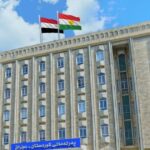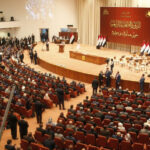Bafel Talabani Highlights Judiciary Crisis in Kurdistan
In a recent statement that underscores the ongoing judicial challenges within the Kurdistan Region of Iraq, Bafel Talabani, President of the Patriotic Union of Kurdistan (PUK), issued a direct criticism of the regional judiciary system, particularly targeting its perceived lack of independence under the influence of political powers, including both the PUK and the Kurdistan Democratic Party (KDP).
Talabani remarked, “Therefore, we resort to the courts of Baghdad, because the courts of the Kurdistan Region are not courts,” underscoring a lack of faith in the regional courts’ autonomy and integrity. His statement has raised significant concerns, not only regarding the perceived flaws within the judicial system but also about the influence of political entities on the delivery of justice in Kurdistan.
Political Interference in the Judiciary
The Kurdistan Region’s judiciary has long been under scrutiny for alleged interference by ruling political parties. Although the KDP and PUK dominate political life in the region, Talabani’s statement highlights that even those at the highest levels of these parties acknowledge the judiciary’s compromised status. This public admission is both a rare and stark illustration of how deeply political control is entrenched within the very institutions meant to uphold the rule of law.
For years, human rights organizations, local activists, and even members of parliament have raised concerns about the manipulation of the judiciary by political actors. Many cases involving political opposition, journalists, and activists have been marred by accusations of unjust verdicts, unfair trials, and prolonged detentions without proper judicial oversight.
A Growing Dependency on Baghdad
Talabani’s statement also emphasizes the Kurdistan Region’s increasing reliance on Baghdad for judicial resolutions. While the Iraqi federal judiciary is not free from criticism, turning to Baghdad’s courts signals a profound breakdown in confidence in the regional courts’ ability to deliver fair and impartial justice.
This move towards Baghdad underscores a paradox. While the Kurdistan Regional Government (KRG) has long advocated for autonomy and self-governance, the decision to defer to Baghdad for judicial matters reveals internal failures that call this autonomy into question. The erosion of judicial integrity within the Kurdistan Region thus threatens not only the rights of individuals but also the region’s political stability and credibility.
Justice and Accountability in Kurdistan
In a region with aspirations of democratic governance, a judiciary bound by political influence diminishes public trust and jeopardizes the fundamental principles of democracy and human rights. Talabani’s critique, coming from within the political elite, should serve as a wake-up call for leaders in Kurdistan to reform the judiciary. The calls for change are growing louder, and without addressing these issues, the region risks further alienation from the principles of justice and equality that are essential for a free and fair society.
In brief
Bafel Talabani’s statement has brought to the fore an uncomfortable but critical conversation about the state of the judiciary in the Kurdistan Region. While the KDP and PUK have historically shared power, this moment provides an opportunity to address the endemic problems within the justice system. A judiciary shackled by political influence undermines not only the legal rights of the people but also the credibility of the KRG itself, both within Iraq and on the international stage.
The time is ripe for substantial reforms to ensure a judiciary that operates independently, free from political manipulation, and with a commitment to upholding the law for all. Only then can the Kurdistan Region begin to build a justice system that truly reflects the values of democracy and human rights that it aspires to represent.
Author Profile
- Diyar Harki is an independent investigative journalist and human rights advocate. As a member of the National Union of Journalists (NUJ), he focuses on exposing corruption and human rights abuses in Kurdistan and Iraq. He voluntarily contributes to Kurdfile Media.
 Kurdistan18 January 2026Will the Terrorists Be Released?
Kurdistan18 January 2026Will the Terrorists Be Released? Opinion17 January 2026A Risk That Could Reshape the Kurdistan Region
Opinion17 January 2026A Risk That Could Reshape the Kurdistan Region Reports7 January 2026Kurdistan MPs Receive Millions in Salaries as Parliament Remains Paralyzed
Reports7 January 2026Kurdistan MPs Receive Millions in Salaries as Parliament Remains Paralyzed Political3 January 202634% of Kurdish MPs in Iraqi Parliament Lack Arabic Proficiency
Political3 January 202634% of Kurdish MPs in Iraqi Parliament Lack Arabic Proficiency


What court?
A court that bafel can control? Or Barzani can control? They are so rude!